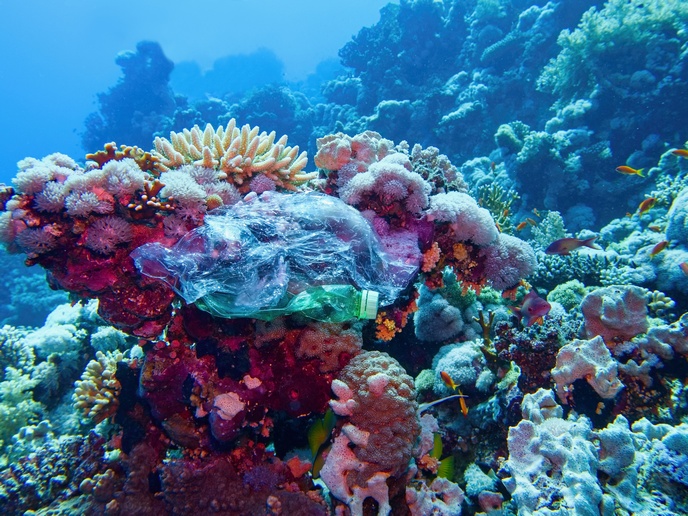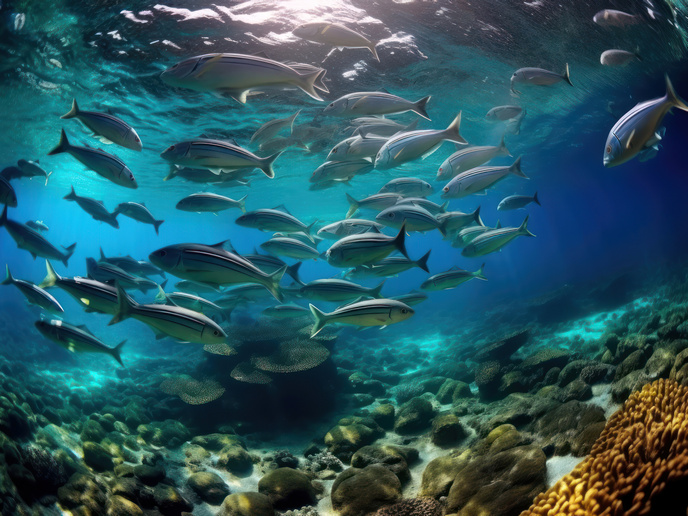Marine algae host spill-busting bacteria
Polycyclic aromatic hydrocarbons (PAHs) are one of the most widespread organic pollutants and can be found in fossil fuels. They may also be formed by the partial combustion of carbon-based fuels, including wood, coal and diesel. PAHs can pose a threat to ecosystems and human health due to their toxicity, poor solubility in water and potential to accumulate in higher organisms. The EU-funded Marpah project investigated the breakdown of PAHs in the marine environment in order to limit their environmental and health impact. Scientists found that the surfaces of microscopic marine plants known as phytoplankton could support bacteria capable of degrading PAHs. New techniques were developed for measuring the degradation of PAH in field samples under conditions that simulated natural conditions in the upper surface of the ocean. This area, known as the euphotic zone, is the depth of water exposed to sufficient light to enable photosynthesis to occur. Researchers used deoxyribonucleic acid (DNA)-based stable isotope probing (DNA-SIP) molecular technology to investigate PAH degrading bacteria in the ocean. New forms of marine bacteria were also identified and characterised using 16S ribosomal ribonucleic acid (rRNA) sequencing. The association between PAH degrading marine bacteria and phytoplankton identified by the Marpah project will enable government task forces to take more effective action in mitigating the effects of marine oil pollution and PAH pollution.







